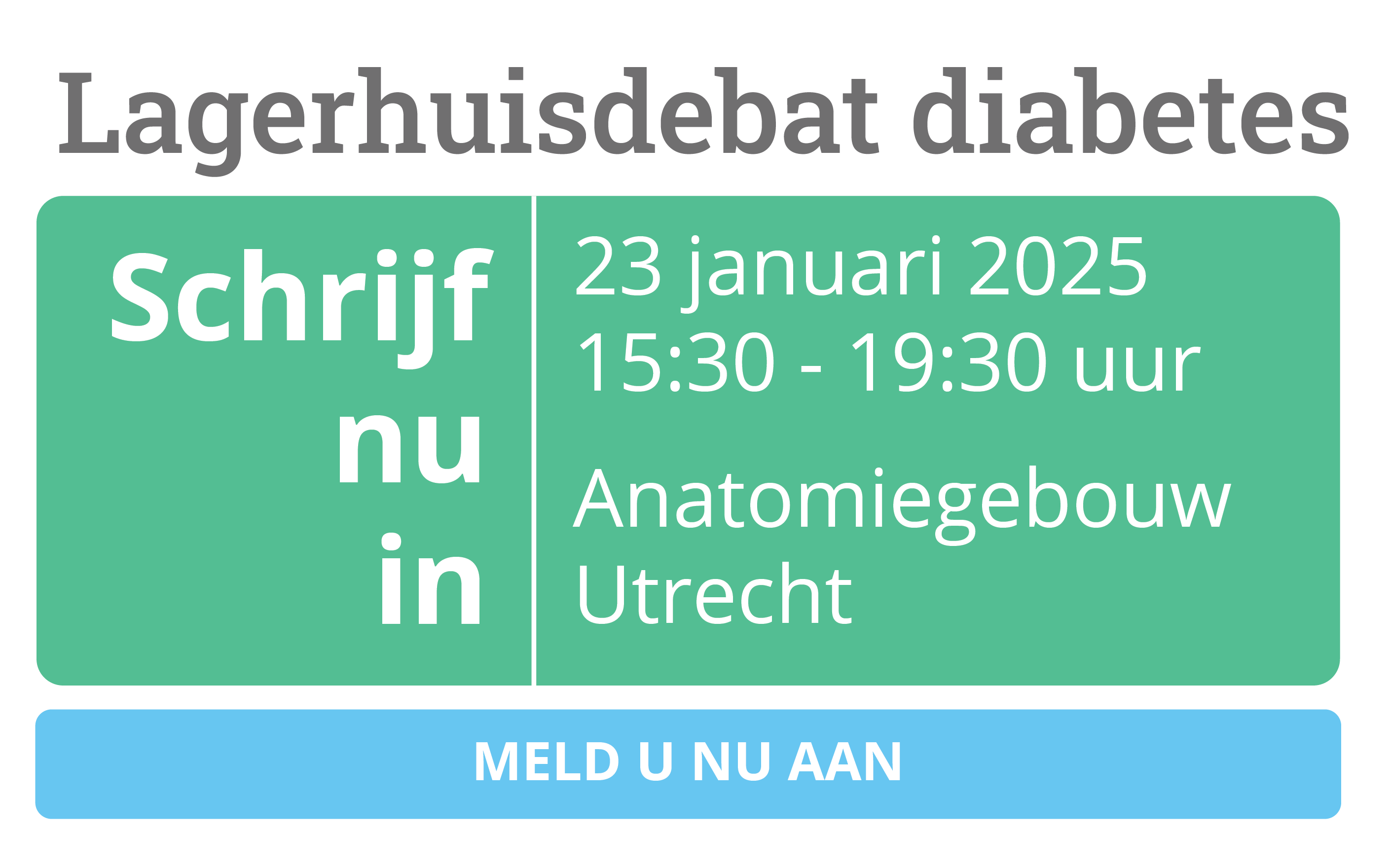The relationship between acute pancreatitis and incident diabetes is unclear. We assessed whether a resolved single event of acute pancreatitis in childhood was associated with incident diabetes in adulthood.
A nationwide, population-based study of 1,802,110 Israeli adolescents (mean age 17.4 years [range 16–20]) who were examined before compulsory military service between 1979 and 2008 and whose data were linked to the Israeli National Diabetes Registry (INDR). Resolved pancreatitis was defined as a history of a single event of acute pancreatitis with normal pancreatic function at enrollment. Logistic regression analysis was applied.
Incident diabetes developed in 4.6% of subjects with resolved pancreatitis (13 of 281; none of these cases were identified as type 1 diabetes) and 2.5% among the unexposed group (44,463 of 1,801,716). Resolved acute pancreatitis was associated with incident diabetes with an odds ratio (OR) of 2.23 (95% CI 1.25–3.98) with adjustment for age, sex, and birth year. Findings persisted after further adjustments for baseline BMI and sociodemographic confounders (OR 2.10 [95% CI 1.15–3.84]). Childhood pancreatitis was associated with a diagnosis of diabetes at a younger age, with 92% of diabetes case subjects diagnosed before 40 years of age compared with 47% in the unexposed group (P = 0.002). The association accentuated when the study sample was limited to individuals of unimpaired health or normal BMI at baseline.
A history of acute pancreatitis in childhood with normal pancreatic function in late adolescence is a risk factor for incident type 2 diabetes, especially at young adulthood.



